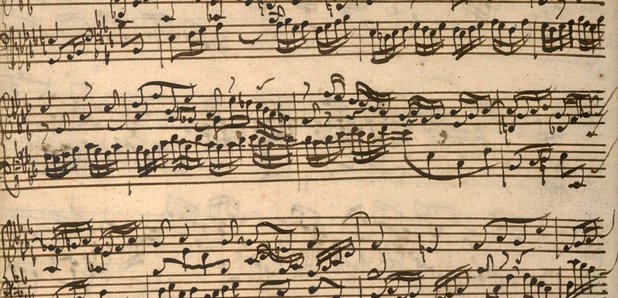Apropos and continuing the theme of our last entry, I thought I would cover an archaism – really more a piece of esoterica — I encountered recently. My family and I had the pleasure of attending an organ recital in the Wren Chapel (designed by Sir Christopher Wren) in Williamsburg, Virginia. The organist played a piece from Bach’s famous volume The Well-Tempered Clavier and explained what the title meant. To wit, musical temperament refers to the intervals between notes. Whereas modern pianos and organs are tuned to equal temperament (every key plays a note equally higher or lower than its immediate neighbors), Bach preferred instruments that were well-tempered (wohltemperierte). Not everyone agrees what Bach’s well-tempered tuning system was. However, today it refers to a tuning system that compensates for perceived dissonances in the equal tempered tuning.
What Bach did not mean by Well-Tempered Clavier was a harpsichord that was agreeable, which is how most people interpret the title. Some (like myself before this concert) assumed Bach wanted to temper students as a blacksmith tempers steel — that through rigor and practice, they would become well-tempered. Now that I know what Bach meant, my assumption seems pretty weak.
This train of thought brings me to another old phrase in dispute: well regulated, as in the Second Amendment to the Constitution of the United States:
A well regulated Militia, being necessary to the security of a free State, the right of the people to keep and bear Arms, shall not be infringed.
Let’s ignore every fevered argument in support and against the right to keep and bear arms. (Remember, Lexicide is politically agnostic!) Every legal scholar agrees that in 1791, well regulated meant “well disciplined,” “well trained” and “well equipped.” It did not mean “restricted by laws and regulations,” which is how some read it today. So in modern English, the introductory clause would read: “A well trained and ordered Militia, being necessary to the security of a free State…”
These two examples show how vital it is we remember these older definitions. Language may evolve, but some of us remember the past so the rest of you aren’t condemned to repeat it. You’re welcome.
— Otto E. Mezzo

